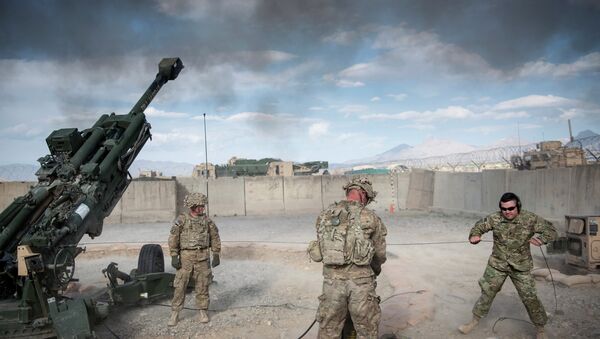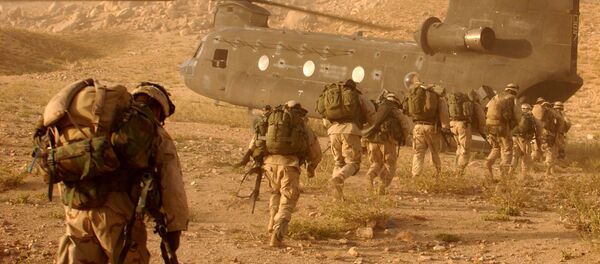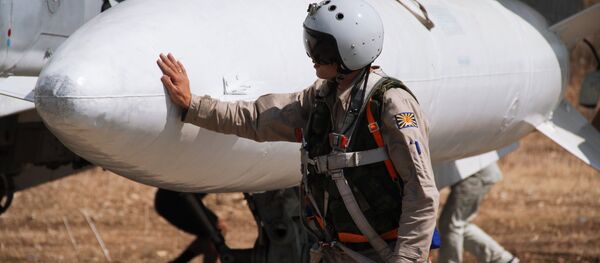"There is too much of an expectation that when internal violence prevails in a country in which the United States has had as much past involvement as it has had in Afghanistan, the United States should have its military forces on the scene to try to do something about it, no matter how dim are the prospects for accomplishing much there," he noted in an opinion piece for the National Interest.
This is a rather recent bad habit, which the US developed in the 21 century, and it is a costly one.
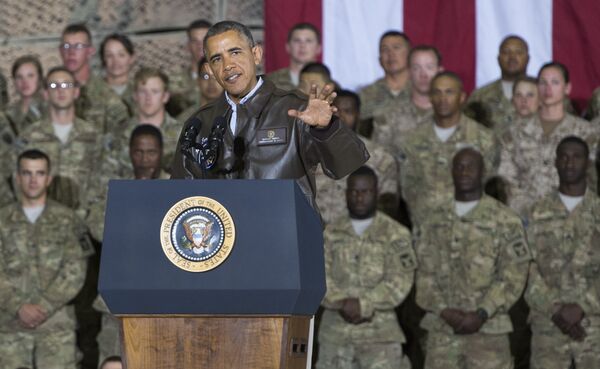
The consequences of stationing US troops in Middle Eastern countries torn by internal animosities include among other things casualties, ill will among locals and rising terrorist threats. These implications, Pillar warned, could render Washington's military engagement counterproductive and in many cases it already has.
Obama says he is not leaving Afghan. after all. When do we get to call the US invasion a "failure"?
— John Richmond (@siempre1907) 18 октября 2015
In addition, the Obama administration will now have to answer several key questions that Washington has not touched upon so far: how long this new phase will last and how many US boots on the ground in Afghanistan the mission (whatever it might be) will require? Many worry that this stage could become a protracted if not a permanent fixture fueling fears that Washington is engaged in an endless war.
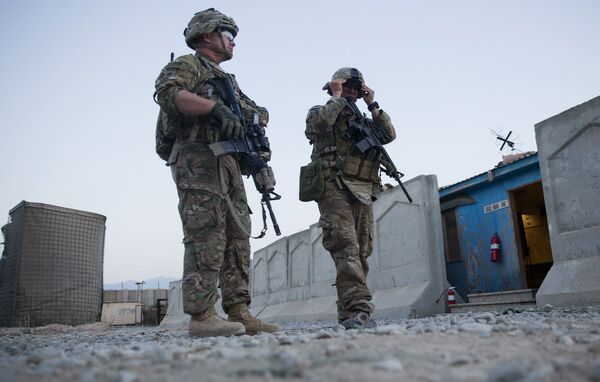
"The ending of US military expedition [in Iraq] in 2011 was somehow responsible for messes in Iraq that followed, … the messes would have been prevented by extending the US military presence in Iraq, and … Mr. Obama in effect acknowledged a mistake by later reinserting some US troops there."
In the absence of careful in-depth analysis of America's two military campaigns in the Middle East, Washington could – deliberately or unknowingly – cement its recently acquired bad habit.
US bombed a hospital in Afghan. US troops die in Afghan. But nobody asks WHY The Heck are we still IN Afghan?
— Je' Czaja (@jeczaja) 7 октября 2015
"The United States has already been sliding into endless war, and this sort of thinking, including especially the myth of a missed victory opportunity in Iraq, has been greasing the slope," Pillar concluded.

